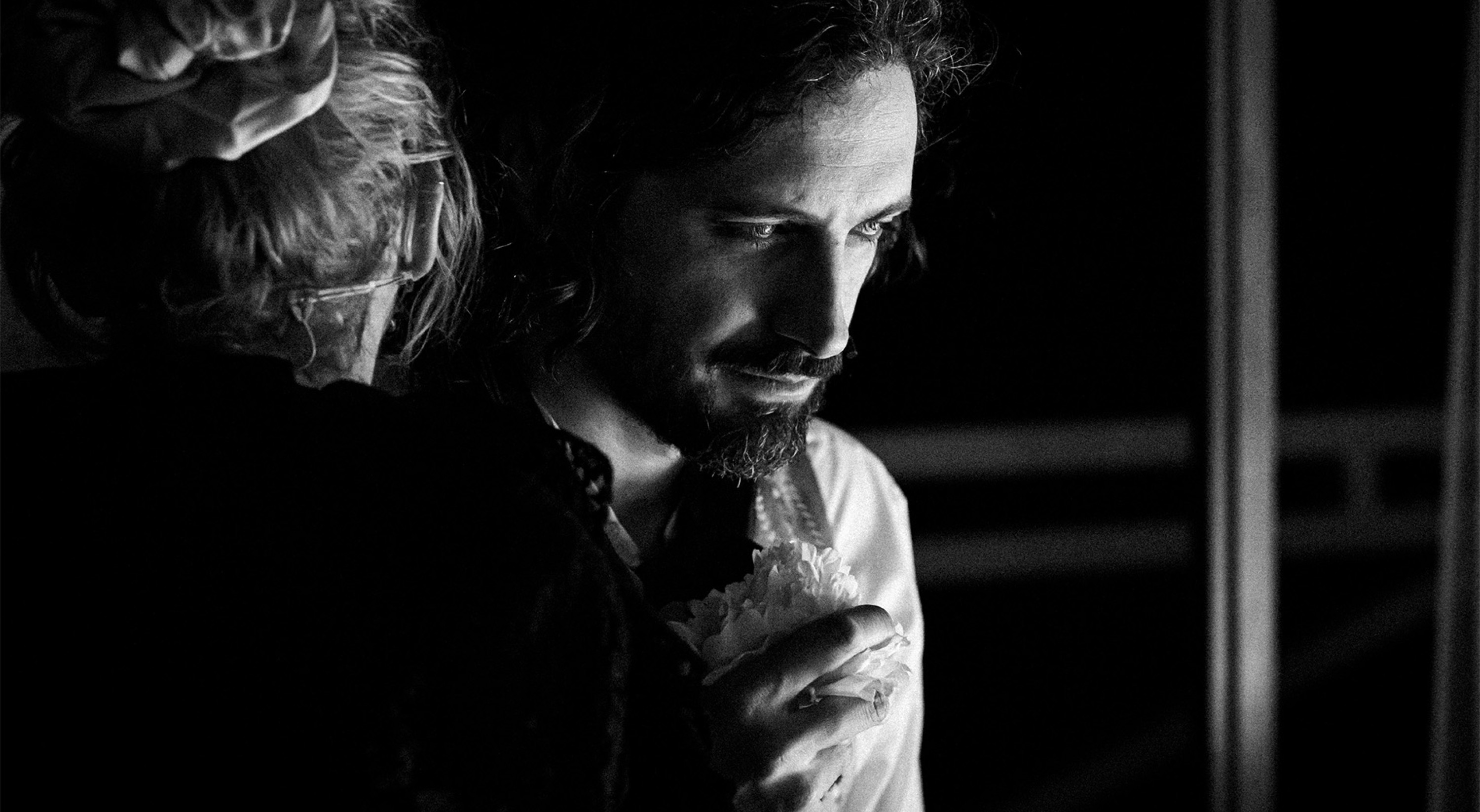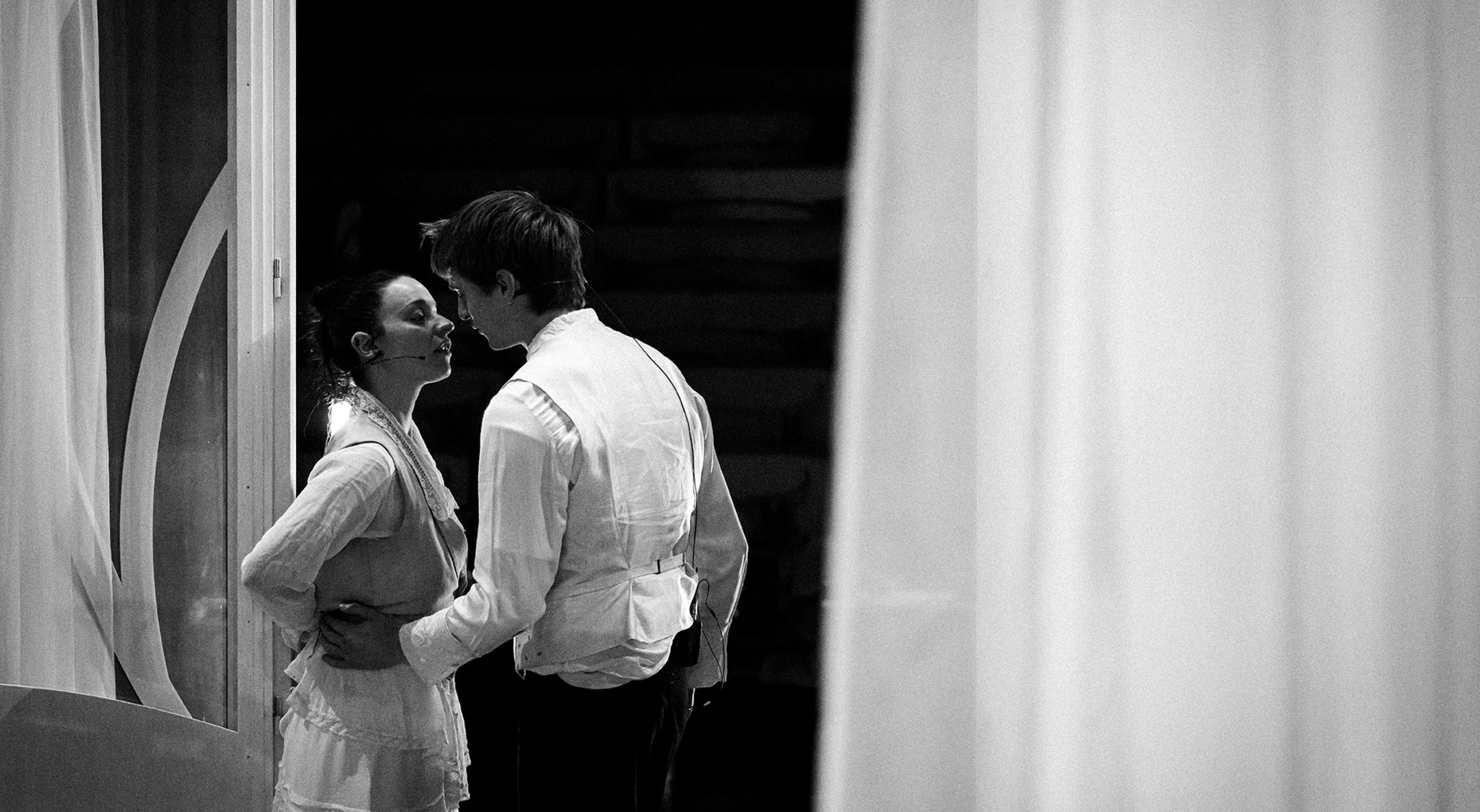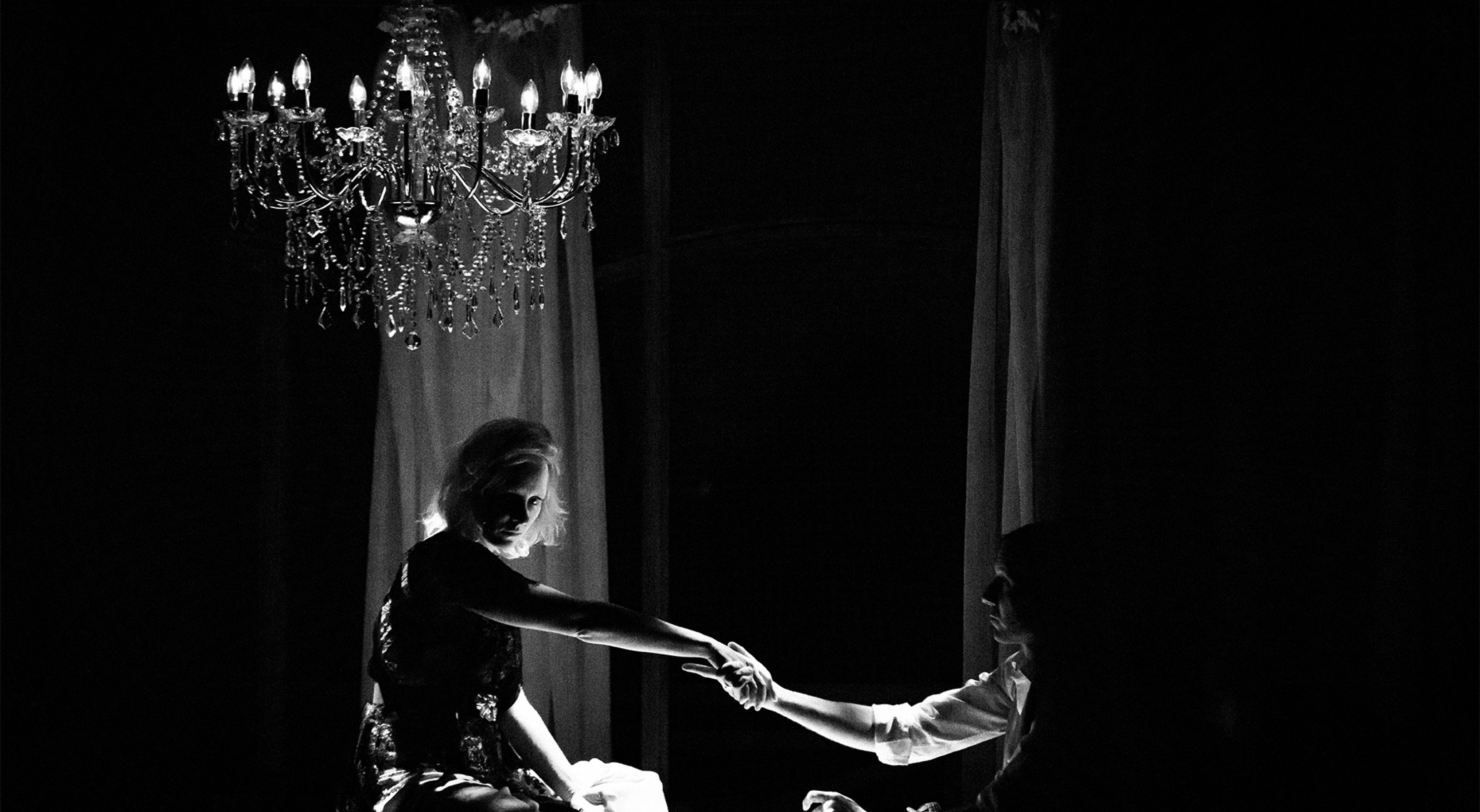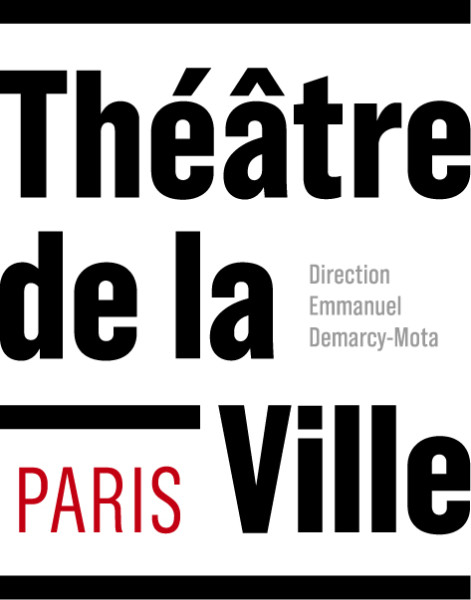Julien Gosselin Si vous pouviez lécher mon cœur Volksbühne am Rosa-Luxemburg-Platz
Extinction
novembernov 29 - december – dec 29
Texts, Thomas Bernhard, Hugo von Hofmannsthal, Arthur Schnitzler
Adaptation and direction, Julien Gosselin
Translation, Henri Christophe, Philippe Forget, Pierre Galissaires, Gilberte Lambrichs, Anne Pernas, Jean-Claude Schneider, Francesca Spinazzi/Panthea
Performers, Guillaume Bachelé, Joseph Drouet, Denis Eyriey, Carine Goron, Zarah Kofler, Rosa Lembeck, Victoria Quesnel, Marie Rosa Tietjen, Maxence Vandevelde, Max Von Mechow / Set design, Lisetta Buccellato
Dramaturgy, Eddy d'Aranjo, Johanna Höhmann
Assistant director, Sarah Cohen, Max Pross
Music, Guillaume Bachelé, Maxence Vandevelde
Lighting, Nicolas Joubert
Video, Jérémie Bernaert, Pierre Martin Oriol
Sound, Julien Feryn
Costumes, Caroline Tavernier assisted by Marjolaine Mansot
Dressing, Inès Haddaoui Gonzalez
Video frame, Jérémie Bernaert, Baudouin Rencurel
Stage management, Simon Haratyk, Guillaume Lepert
Props, Lisetta Buccellato, David Ferré, Antoine Hespel, Yvonne Schulz, Carlotta Schuhmann
Calibration, Laurent Ripoll
Lighting, Zélie Champeau, Manon Meyer
Sound engineer, Manon Poirier
Video control, David Dubost, Philippe Suss
Video Surtitles, Anne Pernas
Video script, Elsa Revcolevschi or Simon Anquetil
Technical interns, Marine Banal, Alix Capossela
Administration, production, distribution, Eugénie Tesson
Tour organization, cultural actions, Marion Le Strat
Administration, Olivier Poujol
Technical direction, Nicolas Ahssaine
Set construction, Volksbühne and Ateliers Devineau
With the participation of all departments of Si vous pouviez lécher mon coeur and Volksbühne am Rosa-Luxemburg-Platz
Additional music by Bela
Bartok, Frédéric Chopin, Franz Liszt, Johann Strauss
The third part of the show is based on Thomas Bernhard's novel Auslöschung
Production Si vous pouviez lécher mon coeur ; Volksbühne am Rosa-Luxemburg-Platz
Coproduction Printemps des Comédiens Montpellier ; Wiener Festwochen ; Le Phénix Scène Nationale Valenciennes pôle européen de création ; Festival d'Automne à Paris ; Festival d'Avignon ; Théâtre Nanterre-Amandiers - CDN ; Théâtre de la Ville Paris ; Théâtre de la Ville de Luxembourg ; Maison de la culture d'Amiens ; De Singel Anvers
With the support of the French Ministry of Culture
With the artistic participation of the Jeune Théâtre National
With the support of Channel de Calais; Odéon-Théâtre de l'Europe; École du TNS
Julien Gosselin and Si vous pouviez lécher mon coeur are associate artists at Phenix - Scène nationale pôle européen de création (Valenciennes) and Théâtre Nanterre-Amandiers - CDN Julien Gosselin is associate artist at Volksbühne am Rosa-Luxemburg-Platz (Berlin)
Si vous pouviez lécher mon coeur is supported by the Ministère de la Culture - Drac Hauts-de-France and the Région Hauts-de-France.
Thomas Bernhard is represented by L'Arche - agence théâtrale
Co-produced by Théâtre de la Ville-Paris; Théâtre Nanterre-Amandiers - CDN; Festival d'Automne à Paris
In partnership with France Inter
In tackling one of Thomas Bernhard's masterpieces, the director has chosen to situate it in perspective, in the form of a triptych made up of a toing and froing between past and present. Vienna appears, both an extremely refined one and also one that is on the verge of Arthur Schnitzler’s apocalypse.
After focusing on contemporary authors for a considerable length of time, Julien Gosselin now turns to an exploration of European modernity. The playwright and director compares this change of direction towards a near past, to a visit to the ruins of Pompeii during which the matter in hand would not only be that of exhuming the bodies buried under the ashes, but also of confronting them with our present. Thus, in order to transpose Thomas Bernhard's novel Extinction to the theatre, using German and French performers, he bathes the audience in the sounds of an electro-filled evening in which the dancers gyrate and move around, before transporting them to Arthur Schnitzler's Vienna. Filmed live, this vision of a carefree old Europe, taken up with the questions of Freud and Mahler, and with the perspective of the catastrophe of the two world wars running in the background, is followed by the intervention of a woman we saw dancing a little earlier. She talks about literature. Next, there is a phone call about a car accident. And so begins Thomas Bernhard's novel.
In the same place



